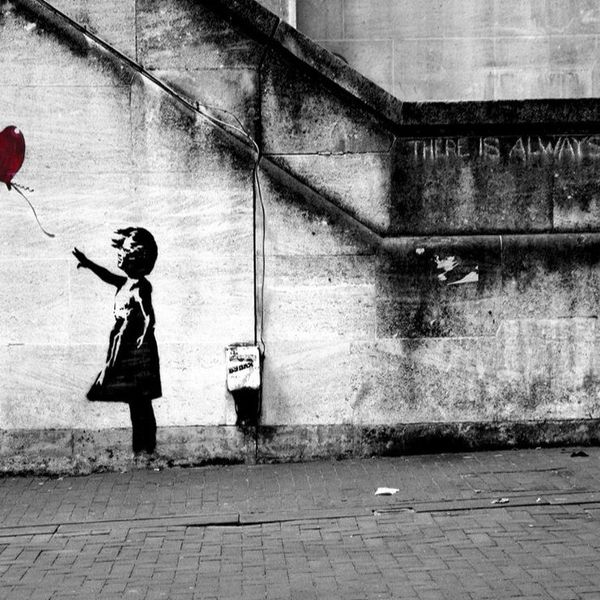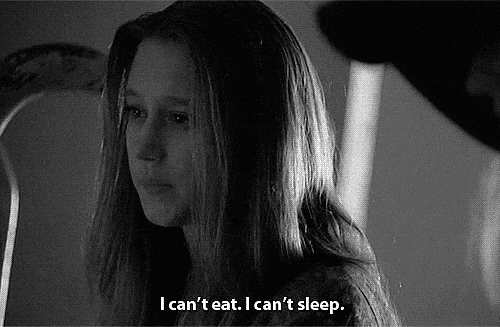"You need to move on and get over it." "You have grieved long enough." My family recently went through something traumatic so I decided to share my input on how people feel and what is healthy and helpful to them during this process. Grief is a deep sorrow that crisscrosses everyone’s life at one point. It is mostly the emotion resulting from a loved one’s death or from another devastating event, like a natural disaster or community violence. With many elements to it, I would like to focus on how people deal with it and how it affects them. More specifically, I would like to answer the question, does the grieving process have a timeline to mourn, cope and move on? Although I agree with critics that grieving too long can harmfully affect someone’s mental, social and emotional health, I do not think there should be a timeline for grief.
Because grief is such a complex topic and everyone’s particular situation is so different, I think it is up to them to decide how long they need to move on, and not up to anyone else. No two people share the exact same grieving process and loss. The process depends on a person’s relationship to the victim of trauma as well as the nature of the situation, such as the environment. The problem is not that people are stuck in grief or they need to go about coping differently. The issue is that their friends and family, even society, do not realize how long it can take to heal and rebuild after a heart-wrenching loss, unless they have gone through a very similar incident. Even if they do go through something similar, they can understand some but can not fully relate to what the other person is going through. In the case of a tragic event, loved ones want to help and reach out, but that does not necessarily mean they comprehend the mental and emotional state of someone else. There is a misconception that people think helping someone in a time of sadness is getting their mind off the event and pushing them to move forward. Even though that is a true technique in other scenarios, it is not meant for a sensitive one like grief, and people should respect that. They are not ill-intentioned; they just are not in the person’s position and can never fully comprehend what that person needs. Outside influences like society and friends need to acknowledge that their role is not to judge whether someone is stuck in their sadness or if they are grieving correctly. Rather, their role is to give hurting individuals their love, grace and as much time as they need.
Granted there are multiple types of grief, but there are negative connotations to the ones that describe people who take longer than what society expects. Dr. Mary Walsh elaborates in her journal study, “People who don't grieve the way someone else thinks they should are diagnosed with disorders like 'complicated grief,' 'prolonged grief,' 'traumatic grief,' 'delayed grief,' 'exaggerated grief' or 'chronic grief.' Grieving for a long period of time becomes a disease in need of a cure." Other scholars make some kind of a universal roadmap for grieving and label people who go "off road" as abnormal or pathological. It has the phases of the grief and, of course, an ultimate destination, which is closure. The concern that those researchers and normally society has is that people are not reaching the “closure destination” soon enough. Society judges people who do not follow this “roadmap” and, in turn, grievers are prompted to ask if they are grieving right. There is no right way to grieve, and society strips people’s freedom to grieve how long they want when they stress them to follow the “roadmap” faster than slower. University of Kansas Clinical Psychology Professor Carol Ford agrees, “It doesn’t follow a logical course or conform to any predictable timetable. Yet we persist in making comments about how other people are doing it. And worse, we are constantly, secretly convinced that because our own grief doesn’t proceed according to our expectations, we must be doing it wrong." Grief is not an illness, and people should not treat it as one. Rather they should treat it as a normal process everyone comes in contact with at a point in their life and accept the ranging differences in each individual’s experience.
Anyone familiar with a tough circumstance should agree that taking care of the body helps taking care of the mind. I agree that encountering stressors like grief can be handled in a healthy way, because my experience of watching my brother coding and desaturating numerous times confirms it. People are so distracted, shocked and trying to respond to the traumatic event at hand that it is common they tend to forget to eat, hydrate or sleep properly. It is understandable that everyone varies in how they react to tragic situations and that it takes some longer than others. The important thing to remember is to make sure the reaction does not lead to lasting adverse effects on one’s health. Putting a countdown to how long or how short that reaction should take is a chief stressor that can lead to the negative influences mentioned, as well as elevated cortisol levels, stomach ulcers and insulin resistance. As long as the bad habits mentioned do not turn into permanent effects, then it is OK to go through them. The grieving process takes a toll, so if you try to continue hydrating and resting properly you will be fine.
Tragedy presents challenges, and getting through those challenges and multiple stages of emotions should not be rushed. A time limit does nothing but force pressure and stress on someone to rush their coping, which only does more harm than good. Influences such as society’s expectations and loved ones’ non-intentional misapprehension show that others should not pressure a timeline, and that uncontrolled influences like the environment and nature of the situation show that there is no particular way someone should react. These factors support that grief can take as short or as long as one needs and that is perfectly okay. Dr. Nanette Mongelluzzo states, “If grief is the result of losing someone we love and care for, then there’s no logic that can be applied or formula that can be used in determining how long it will last." People cry randomly, and they do not understand why; they smell the person’s perfume for awhile or save an old voicemail for years. What may seem weird to others is another person’s way of coping and doing what they want to do, as long as it helps them in the bereavement process. Grief is inconsistent and widely variable. It is complicated because it is supposed to be. There is no rulebook or a “how to” guide for people to follow. If there was, it would lose its purpose in getting someone to understand what has happened, feel what they need to, accept the situation and try to continue living a healthy life.
























